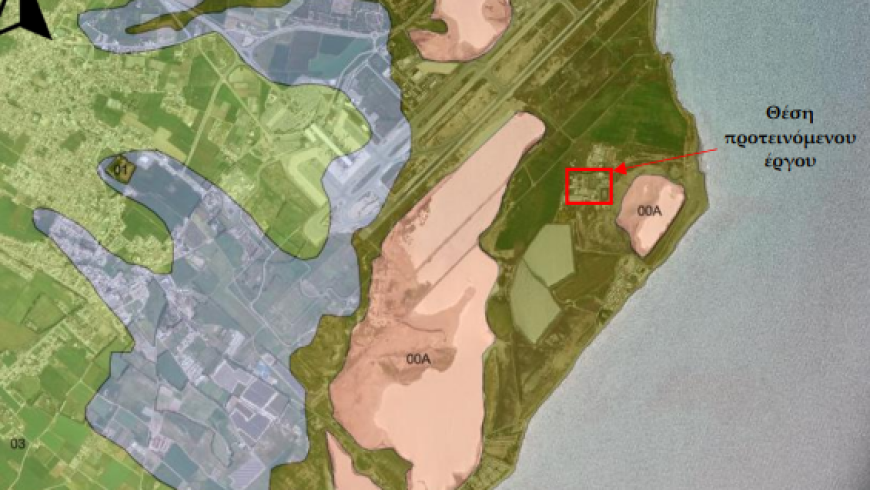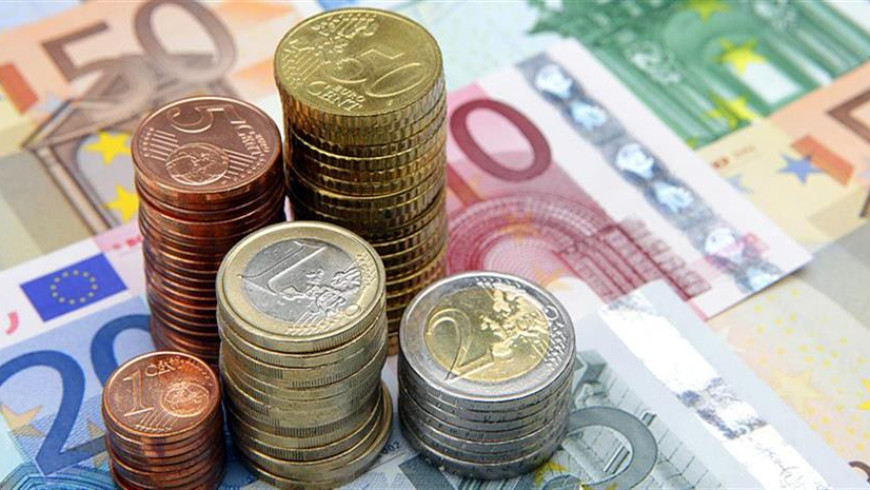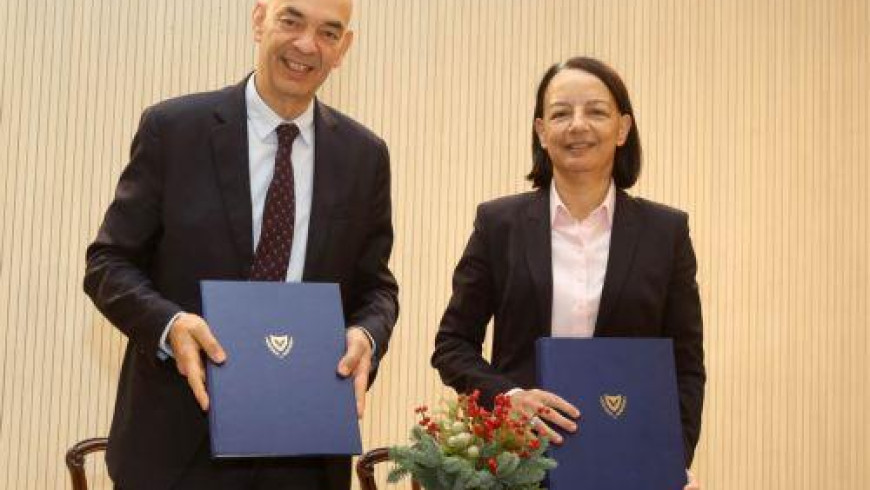Natural Resource Blessing or Curse? The Case of Cyprus

The discovery of the highly promising “Aphrodite” gas field in 2011 presented Cyprus with economic and political opportunities, while at the same time it risked a worsening of its already tense relations with Turkey. There was euphoria that the discovery of this resource would not only contribute to national energy independence, but that more discoveries would be made and, together with the Aphrodite field, could generate great wealth. However, Cyprus has seen five natural gas discoveries since 2011, but none have been developed despite the presence of major energy companies in its offshore waters.
The literature
Thus, there is the issue of whether Cyprus is experiencing the “natural resource curse” that has afflicted a number of countries that have discovered large deposits of oil and natural gas. Early economic studies provide evidence that major oil-exporting countries such as Nigeria, Venezuela and Angola experienced a strong negative relationship between their resource wealth in the form of oil and natural gas and economic development[1]. It was argued that such major oil-exporting countries suffered from the “natural resource curse” defined as the notion that countries with abundant resources have worse economic growth and development than countries with few natural resources. This detrimental effect on economic growth was attributed to diverse factors such as deteriorating and fluctuating terms of trade for natural resources, the Dutch disease[2], and weak institutions and poor governance[3].
However, later research cast doubt on the robustness of the negative relationship between resource wealth and economic performance with mounting evidence showing that resources could be a curse or a blessing depending on different contingencies[4]. An important contingency is the level of institutional quality, that determines the extent to which resource revenues are put to effective use for advancing economic and human development. However, resource wealth can be a curse when it fuels pervasive corruption and lavish expenditure on wasteful projects and monuments as in Nigeria and Angola. In contrast, resource wealth appears to have been more of a blessing in Norway, Canada, and Botswana where it has been invested productively in national development
More recently, World Bank economists James Cust and David Mihalyi have focused on the lesser known “presource curse”, stating that this curse is not an effect from fossil fuel exports, as is the case with the better-known resource curse, but rather an effect from the discovery of oil, gas or other natural resources[5]. That is, countries experience problems even prior to actual production --- before a single barrel of oil or unit of natural gas is taken out of the ground.
These economists argue that optimistic expectations are formed on the basis of natural resource discoveries with countries, governments and citizens alike exhibiting a strike-it-rich euphoria. This emboldens governments to increase spending and borrowing, including for poorly-designed and managed projects, that in turn result in the wasteful and often corrupt use of scarce capital. Indeed, difficult challenges associated with extraction, refinement and distribution of natural resources confront countries following their discoveries of new wealth.
The Cyprus Case
Energy expert, Charles Ellinas, in a recent article[6] states that the long-delayed development of the Aphrodite gas field in waters off Cyprus and the many “other unsettled major energy issues that bedevil Cyprus” including “the GSI interconnector, the LNG import project at Vasilikos, the power supply system, an uncompetitive RES market, and abolition of Defa’s gas import monopoly” pose fundamental problems for the Republic. In so far as these problems stem from the lengthy inability of Cyprus institutions to arrange and implement viable projects for the efficient extraction and distribution of its ample resources of untapped natural gas deposits, Cyprus could be said to be experiencing a presource curse similar to that described by Cust and Mihalyi.
In truth, in common with certain resource-rich, less developed countries Cyprus has weak institutions. The government has not been able to design an overall detailed energy plan, particularly on the reliance to be placed on supplies of fossil fuels as against renewable energies and on the need for supporting infrastructure, such as in the expansion and upgrading of the grid for the distribution of electricity. Even given the ad hoc nature of energy policies Cyprus does not have the institutional power and capability to competently formulate the appropriate design and terms for key infrastructure projects. The government just seems to bow to the pressures of politicians and special interest groups including foreign companies in its decision-making, enabling the elite to seek (often corruptly) and obtain rents through the control of resources.
The overwhelming need to iron out prolific corruption and the gross violation of laws and regulations in Cyprus through a more effective judiciary is essential. Equally important is the requirement to create an independent institution to study and evaluate the economic viability and risks of major projects where the State is involved as repeatedly advocated by Savvakis Savvides[7] . Notably, Savvakis adds that it is no coincidence that in several European countries such projects are studied in depth and evaluated by an independent authority, rather than the State, which tends to approve projects that one or another politician or bureaucrat prefers or “seems right”.
Furthermore, it is the poor relations of the Cyprus Republic with Turkey and the failure to resolve the dispute on what is the exclusive economic zone of Cyprus with Turkey, which are contributing importantly to the delay in efforts to exploit natural gas deposits and to draft firm plans for the distribution of energy from and to Cyprus. In this connection, Turkish Cypriot community leader, Ersin Tatar, stated recently that the “Greek Cypriots are not ready to share power with the Turkish Cypriots over the administration of the island, its wealth, and its resources”. He added “that in the event of a two-state solution, the sides would then cooperate on matters of energy, water, natural resources and in many other areas”[8]. Undoubtedly, the challenges on energy issues outlined by Charles Ellinas resulting from the discovery of natural gas in offshore waters around Cyprus would as he has indicated appear to have a greater chance of being met if relations with Turkey are greatly improved (most likely by a solution to the Cyprus problem), thus turning the resource curse into more of a blessing.
[1] Sachs, Jeffrey, and Andrew Warner, 1995, “Natural Resource Abundance and Economic Growth”, NBER WP 5398.
[2] Dutch disease is an economic term that refers to the negative consequences that can arise from the appreciation of nation’s currency owing to the discovery and exploitation of natural resources as was the case in the Netherlands with its large exports of natural gas. The Dutch energy sector was rapidly developed at the expense of other economic sectors, particularly non tradables, which contributed to a marked slowdown in economic growth.
[3] Isham et al., “The Varieties of Resource Experience: Natural Resource Export Structures and the Political Economy of Economic Growth”, The World Bank Economic Review, Volume 19, Issue 2, 2005.
[4] Van der Ploeg, Frederick, “Natural Resource: Curse or Blessing?” Journal of Economic Literature, Vol. 49, No. 2, June 2011.
[5] Cust, James Frederick & Mihalyi, David, “Evidence for a presource curse? Oil discoveries, elevated expectations and growth disappointments”, Policy Research Working Paper Series 8140, The World Bank, 2017.
[6] Ellinas, Charles, “Aphrodite saga intensifies, adding more challenges to Cyprus’ daunting energy woes”, Cyprus Mail, September 10, 2024.
[7] See for example, Savvakis Savvides, “Eyes wide shut”, Stockwatch, September 11, 2024, and Kavaddia, Helen, and Savvides, Savvakis, Funding Economic Development and the Role of National Development Banks – The Case of Cyprus”, World Economics Journal, Vol. 21, No. 3, July-September 2019.
[8] Interview of Ersin Tatar with British channel G.B. News, September 11, 2024.







 3287.99
3287.99 1275.09
1275.09
